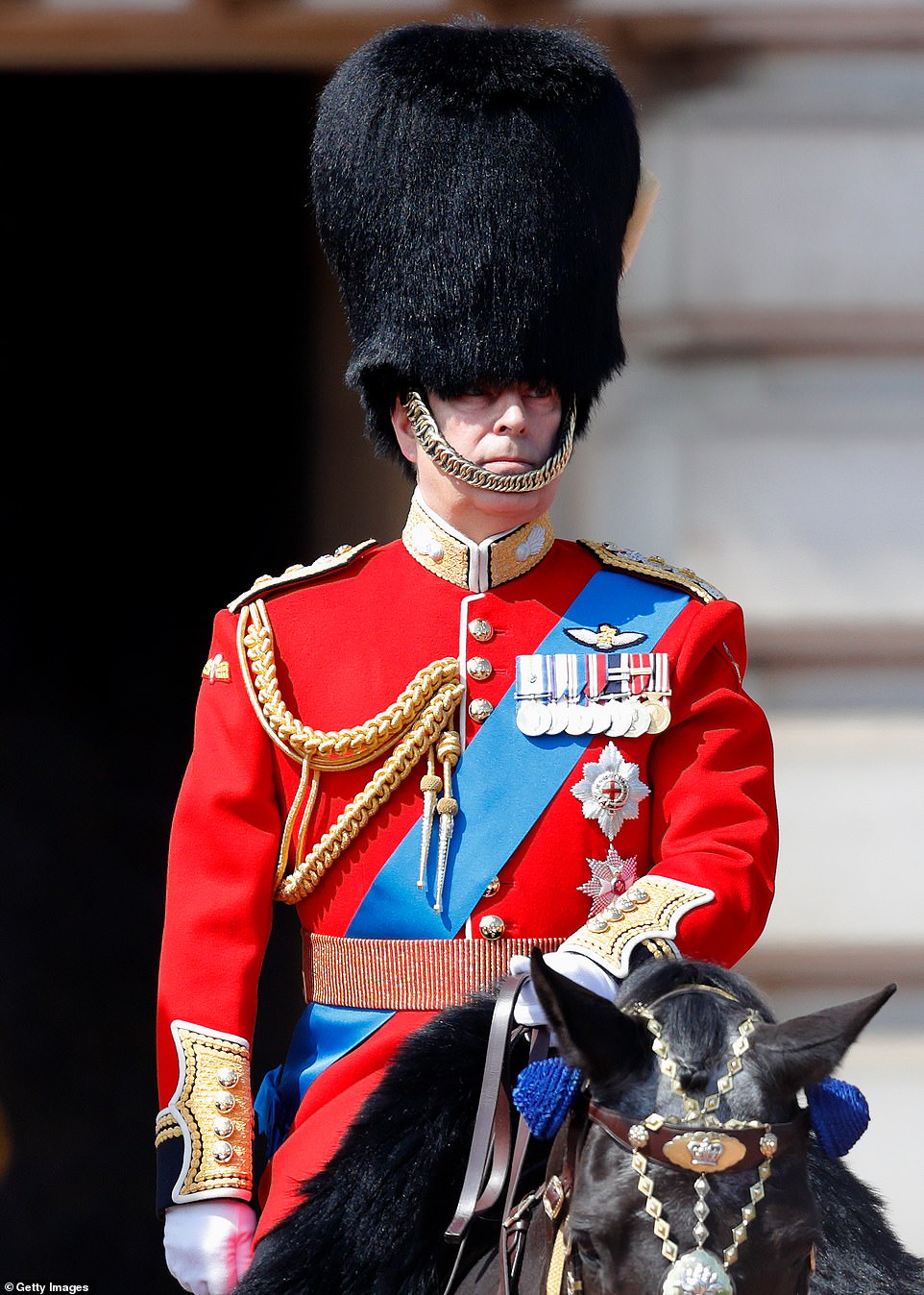Stepping into a courtroom, one would expect to be addressed by their royal title, right?
Not for Prince Harry, who recently experienced a surprising twist during a legal hearing about his security arrangements in the UK.
Instead of being called Prince Harry, the judge referred to him as Mr. Sussex, leaving many royal watchers scratching their heads and questioning the implications of this unexpected choice.
To grasp the significance of this moment, we need to rewind to early 2020.
That’s when Harry and Meghan Markle made headlines by announcing their decision to step back from royal duties.
This bold move came with consequences, including the loss of taxpayer-funded police protection in the UK—something Harry believes is fundamentally unfair.
He argues that despite residing in North America, the UK is still his home, and he faces serious security threats every time he visits.
In 2021, Harry took matters into his own hands, launching legal action against the UK government to contest the removal of his police protection.
Fast forward to the recent courtroom drama, where Harry’s legal team consistently referred to him as Prince Harry.
Yet, the presiding judge, Mr. Justice Swift, chose to stick with Mr. Sussex.
This decision caught many off guard and sparked speculation about its deeper meaning.
Some experts suggest that the judge’s choice was a deliberate reminder that Harry is no longer a working royal, which underscores the loss of certain privileges, including state-funded security.
Others propose that this was an effort to reinforce the idea that the British legal system treats everyone equally, regardless of their status.
By omitting the royal title, the judge may have wanted to avoid any appearance of favoritism.
There’s also a possibility that the judge aimed to ensure that royal influence wouldn’t cloud the legal proceedings, maintaining the case’s impartiality.
Reports indicate that Harry was not pleased with being addressed in such a manner, viewing it as a slight.
Many see this as further proof of the UK establishment’s ongoing unfair treatment of him since he stepped away from royal life.
However, legal experts argue that the judge’s actions were well within his rights and aligned with court protocol.
While the title controversy might seem trivial, it adds another layer of complexity to what is already a high-profile case.
The judge ultimately ruled against Harry’s immediate legal challenge, stating that his claim could not proceed at this time.
Importantly, this ruling was procedural and did not reflect the merits of his argument.
Harry’s legal battle raises pressing questions about royal privileges in today’s world.
Can he still expect the same protections while living as a private citizen?
The UK government maintains that once he distanced himself from royal duties, he also gave up the associated benefits, including taxpayer-funded security.
This ongoing debate highlights the fine line between personal security needs and public expectations.
Looking ahead, several possibilities could unfold.
Harry’s legal team may adjust their strategy and file new claims, potentially seeking some level of security support during official visits.
Given Harry’s track record of speaking out, he might use media attention to push for changes in security policy.
If circumstances worsen, we could witness additional legal challenges or public campaigns that highlight perceived injustices against him.
The refusal to address Harry by his royal title transcends mere formality; it symbolizes the persistent tensions between him and the UK establishment.
As he navigates the complexities of his identity—caught between royal heritage and private life—the outcome of this legal battle remains uncertain.
Related Stories

